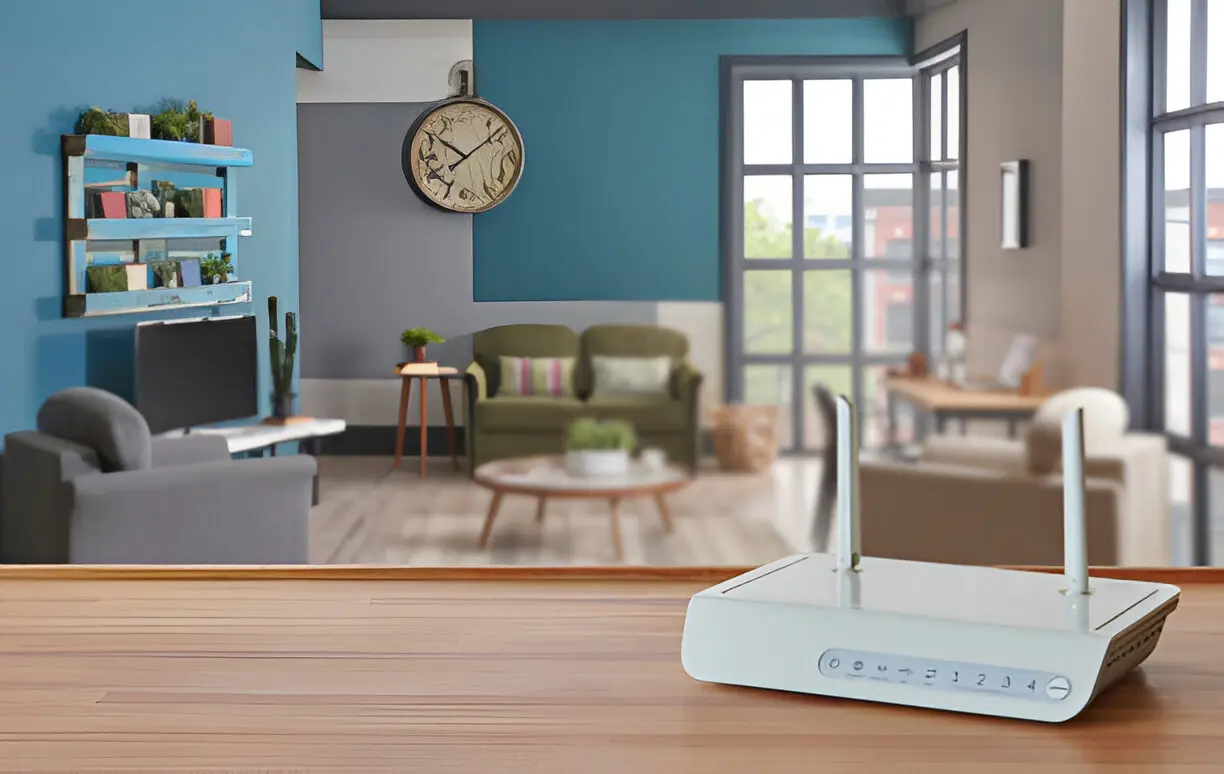All electronic devices that we use, be it our smartphones, laptops, tablets, etc, have a lifespan.
Similarly, routers, an important piece of internet equipment that is responsible for delivering Wi-Fi signals to our electronic devices, also have an expiry date.
So, tell me, how do you fix your router when it malfunctions?
Do you give it a good ol’ slap and it magically starts working? Or do you change its position and try to restart it?
In any case, these methods can be helpful to regain connectivity, but some apparent signs tell us that a router needs to be replaced. Here, I’m going to talk about them. Also, let me assure you that you don’t need to worry if you see these signs.
In my case, I simply contacted Spectrum Contract Support, my ISP’s customer support, and asked if they’re still offering a Wi-Fi 7 router with their internet plans and packages. This helped me upgrade to a brand-new router without having to go through any hassle.
Now, let’s get to those apparent signs that explain if our routers are still any good.
Your Router Gets Overheated
Not just routers, every electronic device gets hot. But if your router is too hot to touch, then it’s probably overheating. Here, consider it a sign that your router has completed its lifespan and is ready to finally hang up its antennas.
Generally, a router heats up when it has to distribute internet signals among several devices or provide more bandwidth. But, with overheating, you may never be able to use the router with peace, as it might affect the internet speeds.
Not just this, it may also affect your router’s ability to spread internet signals to greater distances. In short, it might not work to its full potential.
And I believe the best way to counter this issue is to simply replace it with a new one.
Your Router Offers Slow Speeds
Have you placed your router away from heavy furniture, thick walls, and other electronic devices?
Because if not, these items can interfere with the internet signals emitted by your router and decrease their strength. But if you’ve ideally placed your router and still don’t get the internet speed you pay for, then it’s probably because of the router.
In most cases, your router may also disconnect frequently.
Here, keep in mind that outdated routers rarely receive firmware and software updates, which are essential for their efficient working. These updates can contain vital security patches, bug fixes, and new features.
And, as old routers don’t receive such updates, they become inefficient with time and may malfunction.
Your Router Doesn’t Support New Wi-Fi Standards
Another obvious sign that your router’s days are over is when it cannot support new Wi-Fi standards.
Wi-Fi 5, 6, and 7 are some of the most advanced standards supported by modern routers. Besides offering greater connectivity to several devices, these routers can enhance your online experience.
Also, if your router cannot support dual bands, i.e., 2.4 GHz and 5 GHz, then you might want to change it. With more Wi-Fi bands, you can switch between them according to your online needs.
So, upgrade to a modern router that offers new Wi-Fi standards and dual bands to elevate your online experience.
Your Router Creates Dead Zones
Above, I mentioned that one of the ideal ways of router placement is to position it somewhere away from heavy furniture, thick walls, and other electronic devices. But if you’ve followed this tip to the dot and still find dead zones around your house, then it’s probably because your router’s coverage has decreased over time.
Here, using Wi-Fi signal boosters or mesh systems can help to improve connectivity around your house. However, I would suggest that instead of spending money on signal boosters, get a new router so you can enjoy other benefits too, such as the ones mentioned above.
Frequently Asked Questions
What is the ideal age of a router?
The ideal lifespan of a router is three to five years. After this period, its performance can decline significantly, and you may experience sudden internet blackouts.
Are old routers always incompatible with new devices?
Generally speaking, old routers can work with newer devices. However, for newer devices that don’t support older standards, there can be compatibility issues between the router and the device.
Also Read-FintechZoom Pro: Unlocking Market Mastery for Investors




